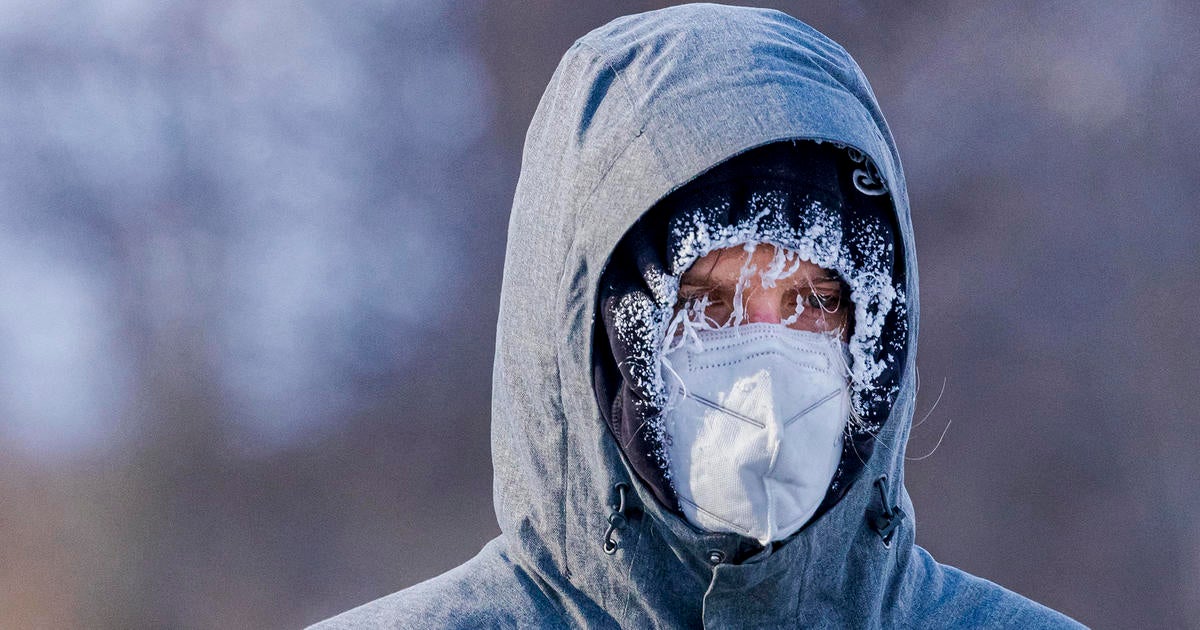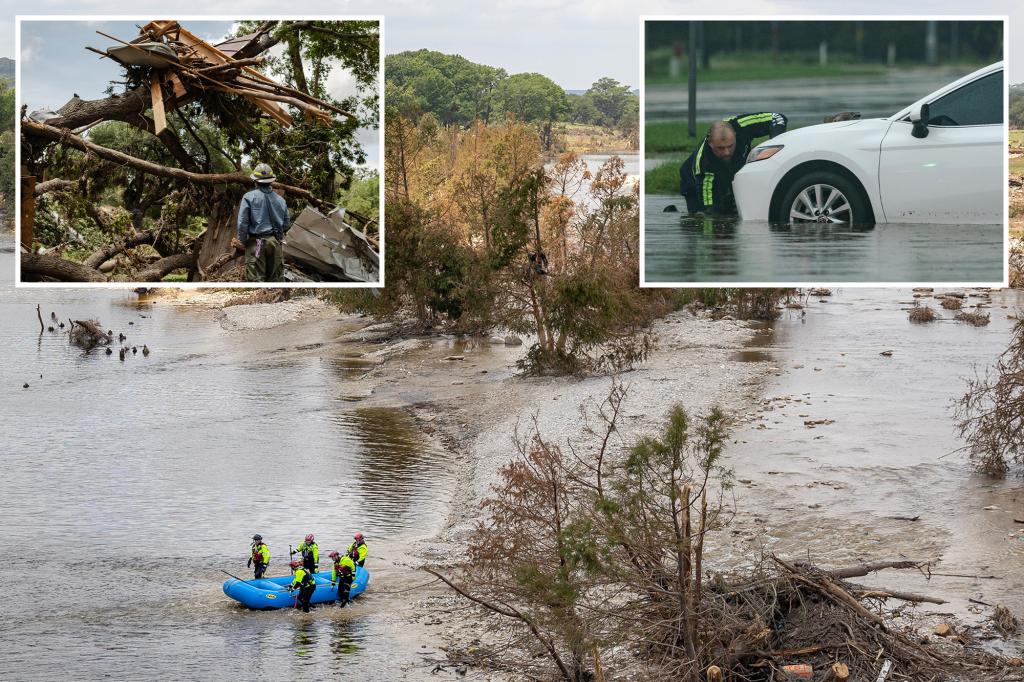Surviving the Deep Freeze: Essential Tips for Extreme Cold Weather Safety
As winter’s harshest temperatures approach, understanding how to protect yourself from extreme cold becomes critical. The chilling effects of severe weather can lead to serious health risks, including frostbite and hypothermia. To ensure your safety, it’s crucial to prepare adequately and know how to respond to the challenges posed by extreme cold weather. This article delves into vital safety measures that can help you stay warm and safe during severe weather conditions.
Understanding the Risks of Extreme Cold
Extreme cold weather can be deceptive. What may seem like a mild winter day can turn dangerous in an instant. The risks associated with cold weather include:
- Frostbite: This occurs when skin freezes, leading to tissue damage. It commonly affects extremities such as fingers, toes, ears, and the nose.
- Hypothermia: A serious condition that occurs when body temperature drops below 95°F (35°C). Symptoms include shivering, confusion, and fatigue.
- Carbon Monoxide Poisoning: A risk when using generators or alternative heating sources improperly in enclosed spaces.
- Increased Risk of Heart Issues: Cold weather can put extra strain on the heart, especially during physical exertion.
Preparation is Key to Surviving the Deep Freeze
Before the cold sets in, preparation can make all the difference. Here are several strategies to consider:
- Stay Informed: Monitor weather forecasts and heed any warnings about incoming cold fronts. Local news outlets and weather apps are great resources for this.
- Winterize Your Home: Insulate your home by sealing windows and doors to prevent drafts. Ensure your heating system is functioning properly and consider having it serviced before winter hits.
- Prepare Your Vehicle: Keep your gas tank at least half full to prevent the fuel line from freezing. Have an emergency kit with blankets, food, water, and a flashlight in your car.
- Emergency Supplies: Stock up on essentials like food, water, batteries, and medications. In severe weather, you may become stranded at home.
Dress Appropriately for Extreme Cold Weather
One of the most effective ways of surviving the deep freeze is to dress appropriately. Layering is essential:
- Base Layer: Start with moisture-wicking fabric to keep sweat away from your skin. Avoid cotton, as it retains moisture.
- Insulating Layer: Add a thick layer such as fleece or wool to trap body heat.
- Outer Layer: Choose a waterproof and windproof jacket to protect against the elements. Make sure it’s breathable to avoid overheating.
- Accessories: Don’t forget hats, gloves, and scarves. A significant amount of body heat is lost through the head and extremities.
Recognizing the Signs of Cold-related Illnesses
Knowing the early signs of cold-related illnesses can be life-saving. Here are some symptoms to watch for:
- Frostbite: Look for pale, hard skin that feels numb. Affected areas may become red, swollen, or blistered when warmed.
- Hypothermia: Symptoms include uncontrollable shivering, slurred speech, slow breathing, and confusion. Seek medical attention immediately if you suspect hypothermia.
Safe Practices During Extreme Cold Weather
When venturing outside in extreme cold, adopting safe practices is crucial. Here are some tips:
- Limit Time Outdoors: Stay inside as much as possible during extreme cold spells. If you must go out, limit your exposure and take frequent breaks indoors.
- Stay Active: If you’re outside, keep moving to maintain body heat. However, avoid overexertion, which can lead to sweating and increased heat loss.
- Stay Hydrated: It’s easy to forget about hydration in winter, but your body still needs fluids. Drink water regularly to keep your body functioning optimally.
- Travel Wisely: If you must travel, inform someone of your route and expected arrival time. Always carry an emergency kit with you.
Using Heating Devices Safely
In extreme cold, you may rely on alternative heating sources. Here are some safety tips to keep in mind:
- Space Heaters: Use space heaters with automatic shut-off features. Keep flammable materials away from heating devices.
- Generators: Never use generators indoors or in enclosed spaces to avoid carbon monoxide poisoning.
- Fireplaces: Ensure your chimney is clean and vented properly to avoid smoke buildup indoors.
After the Deep Freeze: Recovery and Care
Once the severe weather passes, it’s important to assess any damage and restock supplies. Here are some recovery tips:
- Check Your Home: Inspect your home for any damage such as broken pipes or roof leaks. Address any issues promptly to avoid further complications.
- Restock Supplies: Replenish food, water, and emergency supplies that may have been consumed during the cold snap.
- Take Care of Your Health: Monitor your health for any lingering effects of cold exposure, and seek medical attention if needed.
Conclusion: Embracing the Cold with Confidence
Surviving the deep freeze may seem daunting, but with the right knowledge and preparation, you can navigate extreme cold weather safely. By taking proactive steps, dressing appropriately, and knowing how to recognize the signs of cold-related illnesses, you can enjoy winter while minimizing risks. Remember, preparation is key, and staying informed can help you face the challenges of winter weather with confidence.
See more Your Daily Weather



